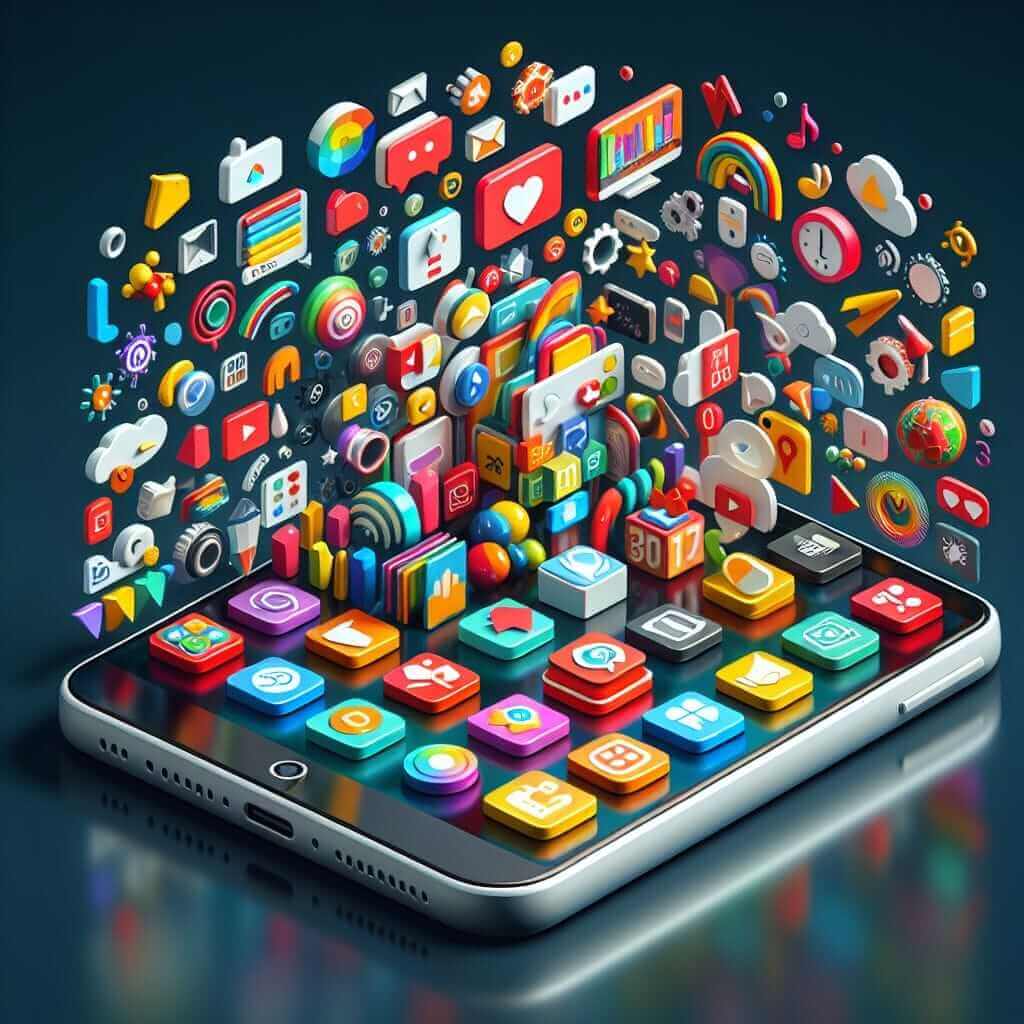The Speaking section of the IELTS exam consists of three parts: Part 1 (Introduction and Interview), Part 2 (Long Turn), and Part 3 (Two-way Discussion). This section aims to evaluate various aspects of your speaking ability, such as fluency, coherence, lexical resource, grammatical range, and pronunciation. One popular topic you might encounter is “Describe a technology that has changed your life.” Understanding this question and knowing how to answer it effectively can significantly enhance your performance.
Part 1: Introduction and Interview
In Part 1, you will engage in a brief interview with the examiner. Here are some common questions related to technology:
- What is your favorite piece of technology?
- Do you enjoy using technology?
- What technological device do you use most often?
Sample Question and Suggested Answer
Question: What technological device do you use most often?
Answer: The technological device I use most often is my smartphone. It has become an essential part of my daily life because it helps me stay connected with my friends and family, manage my work tasks, and access information quickly. Its multifunctional nature makes it irreplaceable.
Part 2: Long Turn
In Part 2, you will be given a cue card with a topic to talk about for 1-2 minutes. You will have 1 minute to prepare your answer and make notes if you wish.
Cue Card
Describe a technology that has changed your life. You should say:
- What the technology is
- How you use it
- How it has changed your life
- And explain why it is important to you
Sample Answer
The piece of technology that has significantly transformed my life is the smartphone. The smartphone is a versatile device that combines a telephone, computer, camera, and countless other functionalities into a single, handheld gadget.
Firstly, I use my smartphone for various purposes throughout the day. I start my morning by checking emails and social media updates. Additionally, it serves as my primary means of communication through calls, texts, and video conferencing apps. Moreover, I rely on my smartphone for navigation, online shopping, and even for entertainment, such as streaming movies and playing games.

This technology has revolutionized the way I live and work. For instance, it has increased my productivity by allowing me to manage my work on the go. I can quickly respond to emails, participate in virtual meetings, and access work-related documents from anywhere. Furthermore, it has enhanced my social life, enabling me to stay in touch with loved ones despite geographic barriers.
The importance of the smartphone in my life cannot be overstated. It acts as a personal assistant, keeping me organized and informed. This technology has fundamentally changed how I interact with the world, making everyday tasks more convenient and efficient.
Part 3: Two-way Discussion
In Part 3, the examiner will ask you more abstract questions related to the topic discussed in Part 2. Here are sample questions and answers to help you prepare.
Question: How has technology impacted communication between people?
Answer: Technology has profoundly impacted communication by making it faster and more accessible. With the advent of smartphones and the internet, people can now communicate instantly through various platforms, such as social media, emails, and messaging apps. This ease of communication has brought people closer, enabling them to maintain relationships despite physical distances. However, it has also led to a reduction in face-to-face interactions, which can impact the quality of personal relationships.
Question: Do you think technological advancements have improved the educational system?
Answer: Absolutely, technological advancements have greatly improved the educational system. Online learning platforms and digital resources have made education more accessible, allowing students from remote areas to learn from the best educators worldwide. Interactive tools like virtual labs and simulations have enhanced the learning experience by making complex concepts easier to understand. Nevertheless, there are challenges such as ensuring digital literacy and addressing the digital divide.
Vocabulary and Phrases for High Scores
Here are some important vocabulary words and phrases that can help you achieve a higher score:
- Multifunctional /ˌmʌltɪˈfʌŋkʃənəl/ (adj): Having multiple functions
- Revolutionized /ˌrɛvəˈluːʃənaɪzd/ (v): Completely changed
- Virtual meetings /ˈvɜːʧuəl ˈmiːtɪŋz/ (n): Online meetings held via the internet
- Geographic barriers /ʤɪəˈgræfɪk ˈbærɪərz/ (n): Physical distances separating people
- Profoundly /prəˈfaʊndli/ (adv): To a great depth; extremely
- Digital divide /ˈdɪʤɪtl dɪˈvaɪd/ (n): The gap between those who have ready access to computers and the internet, and those who do not
Example Sentences:
- The smartphone has revolutionized the way we communicate with one another.
- Online platforms have profoundly changed the educational landscape.
- Overcoming geographic barriers, video calls connect families from across the globe.
Examiner’s Tips for Achieving a High Score
- Fluency and Coherence: Practice speaking fluently without unnecessary pauses. Organize your ideas logically.
- Lexical Resource: Use a range of vocabulary and avoid repetition. Learn synonyms for common words.
- Grammatical Range and Accuracy: Use a variety of sentence structures, including complex sentences. Pay attention to grammatical accuracy.
- Pronunciation: Ensure your speech is clear and understandable. Work on intonation, stress, and rhythm.
By focusing on these areas and practicing regularly, you can significantly improve your speaking skills and perform well in your IELTS Speaking exam. For further practice, consider exploring related topics like Describe a Piece of Technology That You Find Useful or Describe a Way You Like to Relax.